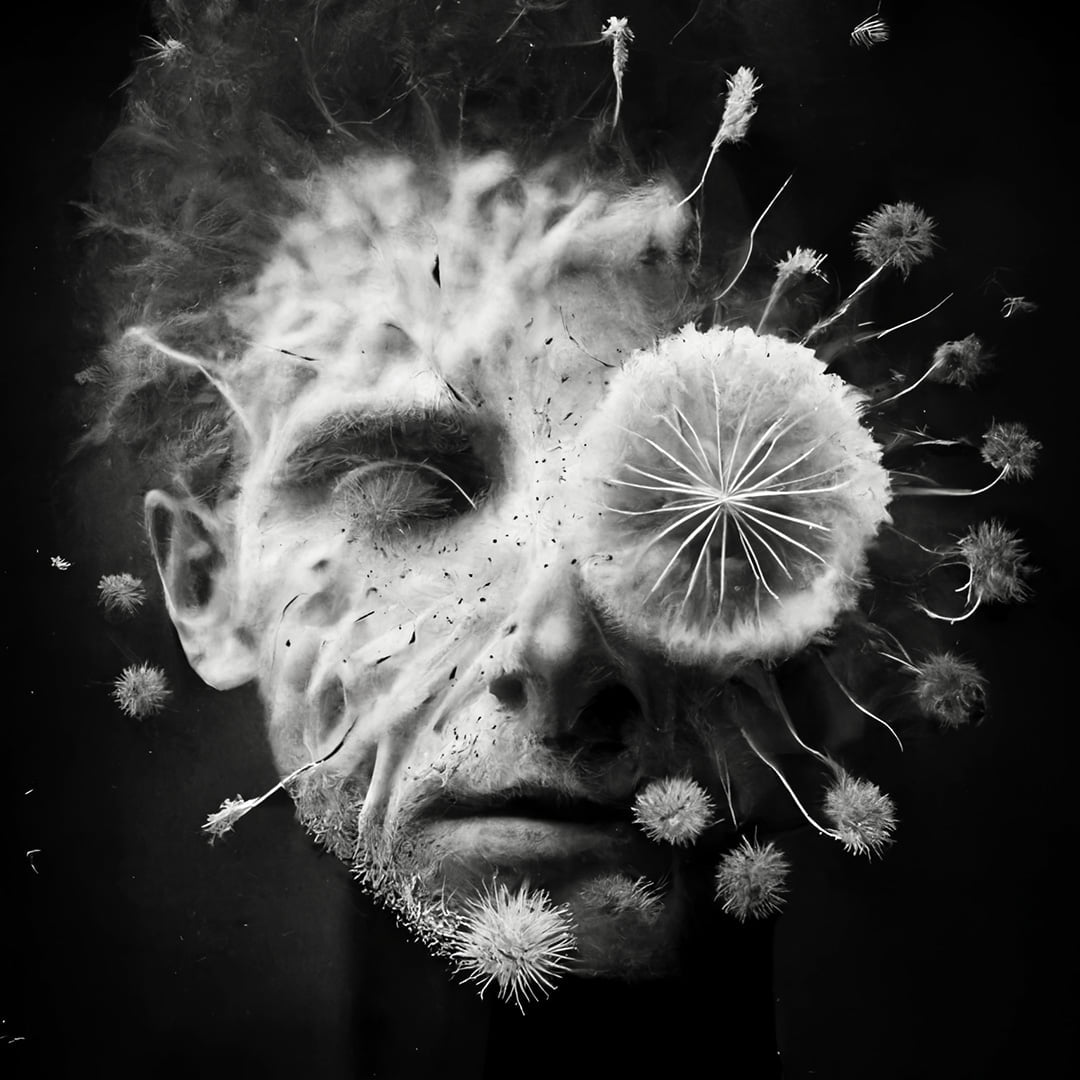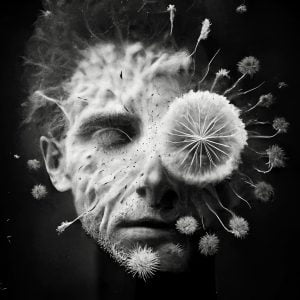the ubiquity of new ideas

The zeitgeist is pregnant with new ideas. Our minds are much alike. Our world is so linked up, that we swim in the same pool. Subject to much the same stimuli, is it any surprise that we often originate similar creative ideas and insights? For practical purposes, it is not having a new idea that matters but exploiting it: getting it out there first, so that you can claim ownership of it—and this is a race where some people have a head start.
As an example, here is an idea I jotted down in 2010:
20_8_10
Mould: seed
a book in the ‘Day of the Triffids’ mode
in which disaster progressively overtakes humanity
in this case mould
it’s origins not clear
it could be genetically engineered
or some spores that have escaped from melting ice
either way, what they do
is comparable to those moulds
that take over insects
controlling them to climb to height
then fully take over the host
spreading spores to continue the infection
>have to check that this has not been done before
>this becomes a sort of alternative zombie film trope
lifted, unedited, from my notes
When I was told that this is the core idea behind The Last of Us (2023)—now streaming—I was spurred to write this piece.
The Last of Us is based on a computer game of the same name from 2013. And when I mentioned to a friend that I had had that idea many years back, they pointed out that ‘mouldy zombies’ was also the core conceit of The Girl with all the Gifts (2016)—I had watched that film but, for some reason, hadn’t noticed the mould. Admittedly, in these computer games/films, the mould just seems a pretext for how zombies come about, and the infection is passed on, in the traditional way, by the infected munching on their victims. My story—that I never wrote—is more closely based on the real-world inspiration: the fungus that takes over the brains of ants—the infection is spread by spores, so that my scenario is more devastating: you can’t hide from it behind a wall or by keeping your distance.
the impact of AIs
The ideas we’ve been talking about here are, essentially, relatively uncomplicated mashups: the combining of things, already out there, to produce something new. Since it is just this sort of mashup that the new AI systems, daily emerging, can do with industrial speed, the race to own such an idea is increasingly one that humans are unlikely to win.
root inside
But do not despair. AIs are hollow: they lack consciousness. We humans not only have consciousness, but a version of consciousness that is unique to each of us. Thus, the deeper the roots of an idea burrow into our inner selves, the more likely it is to be unique and irreproducible by a machine.
